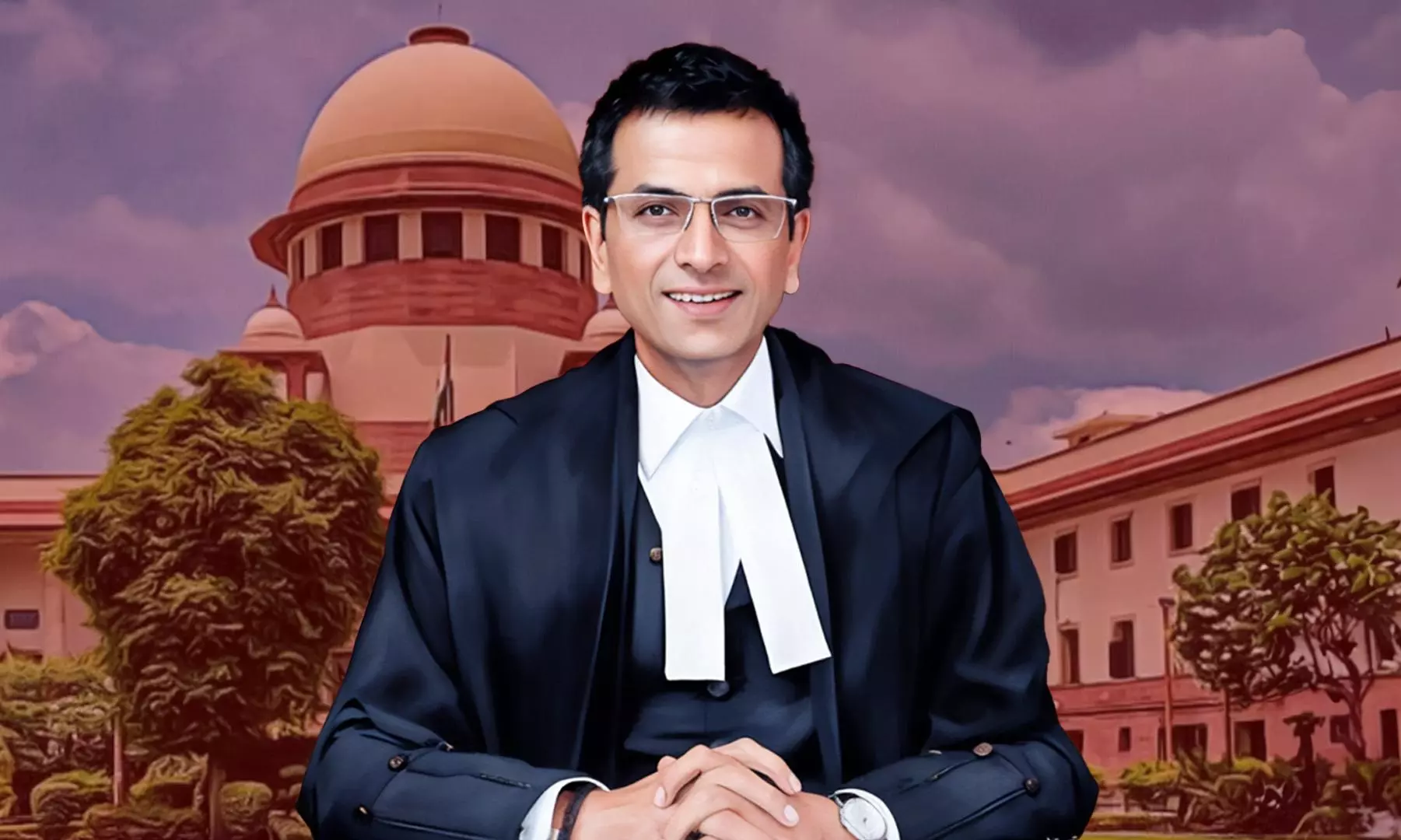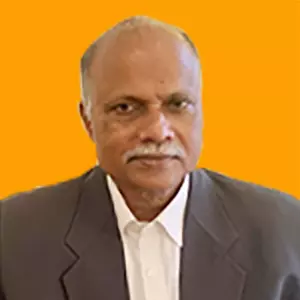
- Home
- India
- World
- Premium
- THE FEDERAL SPECIAL
- Analysis
- States
- Perspective
- Videos
- Sports
- Education
- Entertainment
- Elections
- Features
- Health
- Business
- Series
- In memoriam: Sheikh Mujibur Rahman
- Bishnoi's Men
- NEET TANGLE
- Economy Series
- Earth Day
- Kashmir’s Frozen Turbulence
- India@75
- The legend of Ramjanmabhoomi
- Liberalisation@30
- How to tame a dragon
- Celebrating biodiversity
- Farm Matters
- 50 days of solitude
- Bringing Migrants Home
- Budget 2020
- Jharkhand Votes
- The Federal Investigates
- The Federal Impact
- Vanishing Sand
- Gandhi @ 150
- Andhra Today
- Field report
- Operation Gulmarg
- Pandemic @1 Mn in India
- The Federal Year-End
- The Zero Year
- Science
- Brand studio
- Newsletter
- Elections 2024
- Events
- Home
- IndiaIndia
- World
- Analysis
- StatesStates
- PerspectivePerspective
- VideosVideos
- Sports
- Education
- Entertainment
- ElectionsElections
- Features
- Health
- BusinessBusiness
- Premium
- Loading...
Premium - Events

When all else fails, judiciary has to shoulder the responsibility of upholding constitutional ideals; its shoulders clearly are not broad enough for this
The boy stood on the burning deck / Whence all but he had fled; / The flame that lit the battle's wreck / Shone round him o'er the dead / Yet beautiful and bright he stood, / As born to rule the storm; / A creature of heroic blood…
The boy had been instructed by his father, the ship’s captain, to stay there till he told him otherwise, and did not move, not knowing that his father lay dead, below decks.
Many of us would be familiar with the poem Casabianca. Some of us would have been asked by our teachers what we thought of the boy’s action, and to justify our answer.
"Twit," said Spike Milligan in his parody. Justice YV Chandrachud would seem to agree.
Also read | 'Unhealthy trend': Chelameswar slams SC's 'flip' on Places of Worship Act
Stage set
In the wake of a spate of lower-court rulings sanctioning surveys of medieval mosques to determine if they had been built on top of demolished temples, commentary has proliferated in the media, blaming Justice Chandrachud for setting the stage for such legal aid delivered to a majoritarian itch to demolish mosques.
Justice Chandrachud and Justice Bobde had reasoned, along with other Justices, that the Places of Worship Act, 1991 did not bar the examination of the character of places of worship, even as it barred changing the character of places of worship that stood at the time of Independence.
This allowed surveys to commence of assorted mosques, to ascertain temple antecedents, overturning a previous ruling of the Supreme Court itself.
Knowledge and action
Therefore, it is not unreasonable to blame the retired Chief Justice, as senior lawyer Dushyant Dave recently has, for paving the way for lower-court rulings permitting surveys of mosques of medieval vintage. These surveys, it is feared, would be the prelude to demands to demolish the mosques and build temples in their place.
Of course, the former Chief Justice was technically correct in his interpretation that the Places of Worship Act did not foreclose surveys that could lead to demands for changing the character of places of worship.
After all, a man coughing and wheezing in Delhi’s pollution is perfectly free to get an X-ray image taken of his lungs, and then do perfectly nothing if no pneumonia is revealed. He would, technically speaking, also be free to not take any action if the X-ray film shows up white patches in his lungs.
Also Read: Justice Chandrachud | In crucial matters, he belied our hopes
Constitutional paradox
What is the point of the X-ray image if there is no intent to act on its finding, one might wonder. The world, of course, is full of strange mysteries.
The Preamble to the Constitution has this inspiring text: "We, the People of India, having solemnly resolved to constitute India into a Sovereign Democratic Republic and to secure to all its citizens: Justice, social, economic and political; Liberty of thought, expression, belief, faith and worship; Equality of status and of opportunity; and to promote among them all Fraternity assuring the dignity of the individual and the unity of the Nation; In Our Constituent Assembly this twenty-sixth day of November, 1949, do Hereby Adopt, Enact and Give to Ourselves This Constitution."
The Constitution is, thus, conceived as the instrument to secure Justice, Liberty, Equality and Fraternity for all citizens. Different organs of the state, as defined and guided by the Constitution, are meant to work to secure Liberty of faith and expression, equally to all citizens. If majoritarian mobs threaten such liberty, the state should quell the threat.
Quiescent Legislature
The Executive is headed by the political party whose ideology inspires the mobs seeking to demolish medieval mosques. Government leaders maintain a studied silence on the subject and speak eloquently on everything else.
The Legislature is quiescent. As it is, as Member of Parliament, Manish Tiwari never tires of reminding those willing to listen, the Anti-Defection law has gagged the mouths of all MPs, save those of leaders authorized to issue whips, telling MPs what to say and how to vote.
Also Read: Hindu groups want fast-track courts for Mathura, Kashi temple disputes
What of leaders of the Opposition, whose job it is to hold the government to account, draw the attention of the government to gathering attempts to destroy the unity of the country and sow discord? They are busy gunning for businessmen deemed to be close the ruling party, and finding scapegoats for their own failures, when not performing adventure sports in Kerala’s Wayanad.
Fourth Estate
What of the media, the Fourth Estate of Democracy? It is supposed to tell truth to power, but has chosen, with some honourable exceptions, to tell the people the truth as specified by the powers that be.
We, the People, gave ourselves this Constitution, with its shining ideals and democratic principles. But We, the People, then proceed to elect to office the very people who are determined to do injustice to some sections of the people, and hobble their Liberty to follow the faith and forms of worship of their choice.
That leaves the Judiciary to shoulder the responsibility of fulfilling constitutional duties to citizens. Its shoulders clearly are not broad enough to take on this job.
Also Read: Digging up the past to bury the future
Burden of sovereignty
When all else have fled the burning deck, is there much sense in expecting the Judiciary alone to try and play the role of the boy who stood unyielding, all alone?
All that can be said of Justice Chandrachud is that he is not cast in the heroic mould, born to rule the storm.
The final responsibility is of the ultimate sovereign, the people. If the people have no democratic sensibility, the state they shape cannot be democratic.
The task is to alter the people’s sensibility, through organisation, agitation and education. To abdicate that task and yearn for boys who stand on the burning deck is just sad.
(The Federal seeks to present views and opinions from all sides of the spectrum. The information, ideas or opinions in the article are of the author and do not necessarily reflect the views of The Federal.)


